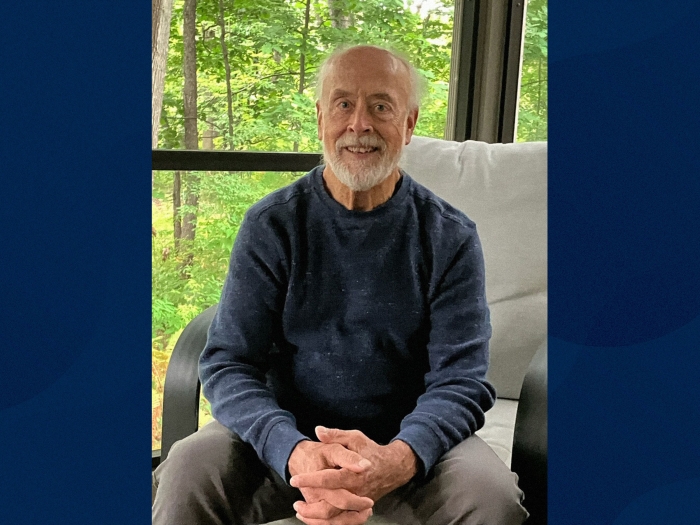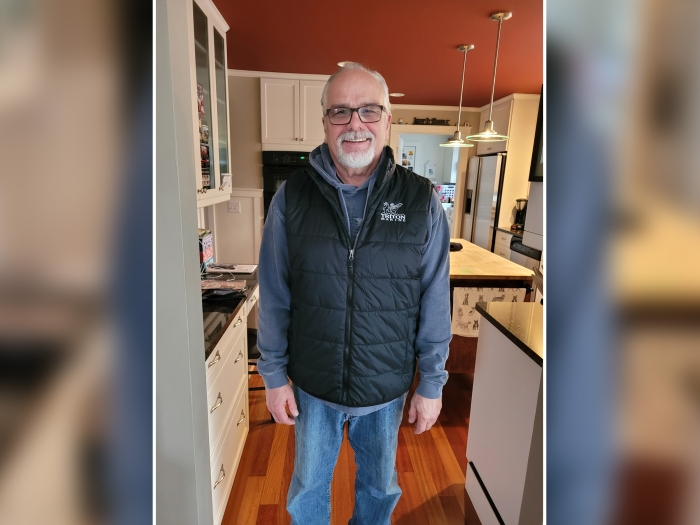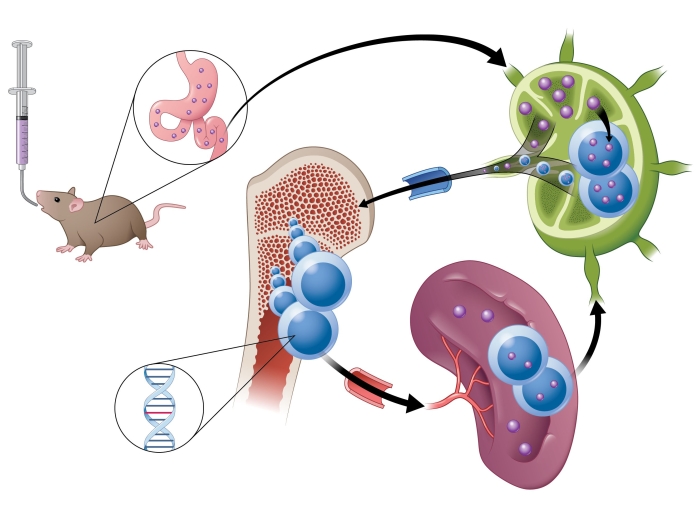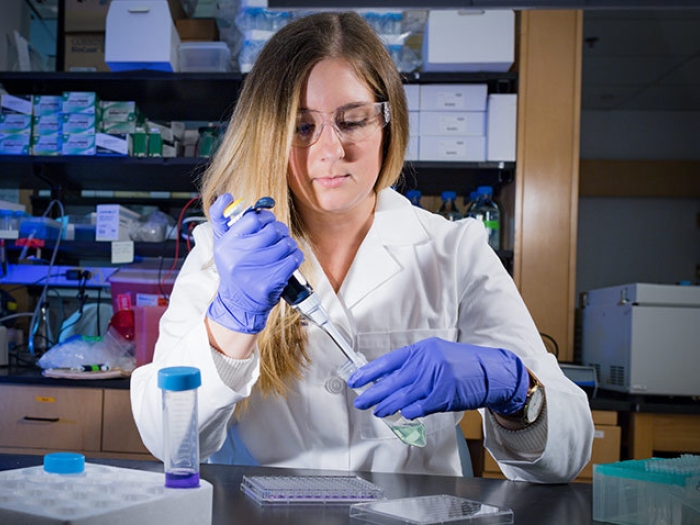Staci Vernick is a contributing health and science writer. With expertise in healthcare, medical and science communications and a passion for evocative storytelling, Staci has directed communications for academic medical centers and biomedical research organizations, including Johns Hopkins Children’s, The Wistar Institute and the American Association for Cancer Research. A former journalist, she has written on topics ranging from children’s health to cancer biology to health policy.


Health Lab
Michigan Medicine's team of cardiology experts offered an advanced, minimally invasive coronary intervention, which restored one patient back to good health

Health Lab
A complex mitral valve repair by Michigan Medicine cardiac specialists helps restore health and happiness to one Michigan patient and his family.

Health Lab
Patient bypasses a life threatening aortic aneurysm with the help of Michigan Medicine's genetic counseling and a streamlined cardiac referral program.

Health Lab
MI-AORTA is a donor-funded initiative that facilitates collaboration within the Frankel Cardiovascular Center, U-M Health and referring provider networks, creating value for the patients, families, and communities they serve and allows them to continue to pioneer advanced therapies for aortic diseases.

Health Lab
Learn about the latest advances in treatment for chronic total occlusion, a life-threatening condition that deprives the heart of oxygen. A team of cardiovascular surgeons perform advanced, minimally invasive surgery to help David Schneider get his life back on track.

Health Lab
By using the lymphatic system as a storage reservoir, researchers found they could optimize drug concentrations to simultaneously target two molecular signaling pathways responsible for cancer growth.

Health Lab
A common mutation in a rare cancer subtype leads researchers to an already-approved drug that shows promise against uterine serous carcinoma

Health Lab
Researchers identify genetic variants that lead to a severe developmental syndrome. The findings could mean better screening and diagnosis for patients with inherited syndromes.

Health Lab
Michigan Medicine researchers identify a potential therapeutic target for neurodegenerative conditions using animal models.

Health Lab
A team led by U-M researchers discovered that a noninvasive imaging biomarker can identify small airway damage in COPD patients.